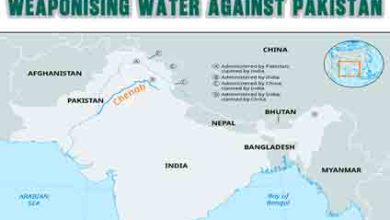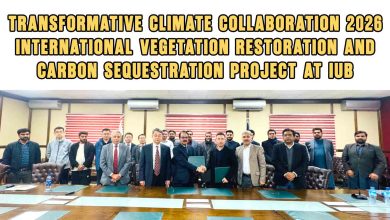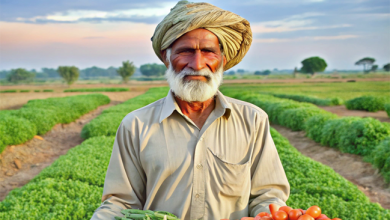Intensified Heatwaves in Pakistan Highlight Climate Crisis: Southern and Central Regions Most Affected
Islamabad, July 24, 2024 – As the world grapples with the escalating effects of climate change, Pakistan faces a critical challenge with intensifying heatwaves. According to the National Disaster Management Authority (NDMA), the heatwave layout for May-June 2024 pinpointed several districts in Sindh and Punjab as the hottest regions in the country. Notably, Tharparkar, Matiari, Umarkot, and Sanghar in Sindh, alongside Rahim Yar Khan and Bahawalpur in Punjab, were identified as the areas most severely affected.
The NDMA report underscores the vulnerability of southern and central Pakistan to extreme heat events, raising concerns about the public’s safety and the environment. These regions are experiencing increasingly frequent, intense, and prolonged heatwaves, a trend that aligns with global patterns of climate change.
A recent analysis by scientists from World Weather Attribution (WWA) emphasizes that if global warming reaches 2°C above pre-industrial levels, the frequency of such extreme heat events could increase to approximately 5.6 times per decade, with temperature spikes of up to 2.6°C. The report warns that these conditions not only threaten to break previous temperature records but also pose significant health risks, potentially leading to hundreds or even thousands of fatalities across Asia and Europe.
The Global Climate Risk Index has ranked Pakistan as the 5th most vulnerable country to climate change, reflecting the urgent need for comprehensive adaptation and mitigation strategies. As temperatures continue to rise, the impacts on public health, agriculture, and water resources are expected to be severe, necessitating immediate action from both national and international bodies to address this pressing crisis.
Call to Action:
The intensifying heatwaves in Pakistan are a stark reminder of the broader climate crisis. Governments, organizations, and individuals must prioritize sustainable practices and support initiatives aimed at reducing carbon emissions. The situation calls for enhanced disaster preparedness and resilient infrastructure to protect vulnerable communities from the adverse effects of extreme weather conditions.
Read online and Download the Report Link: https://issi.org.pk/wp-content/uploads/2024/07/IB_Khetran_July_24_2024.pdf







